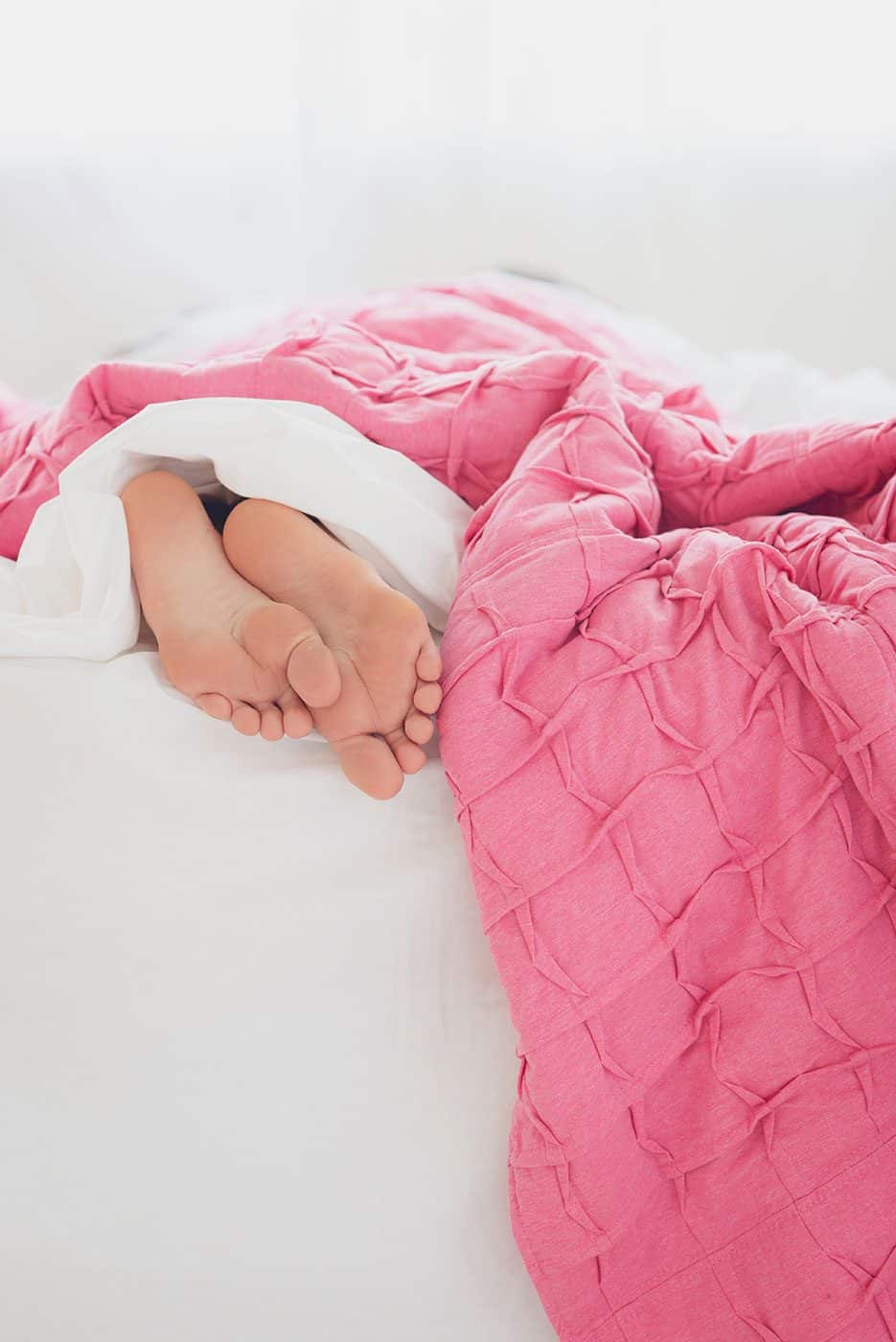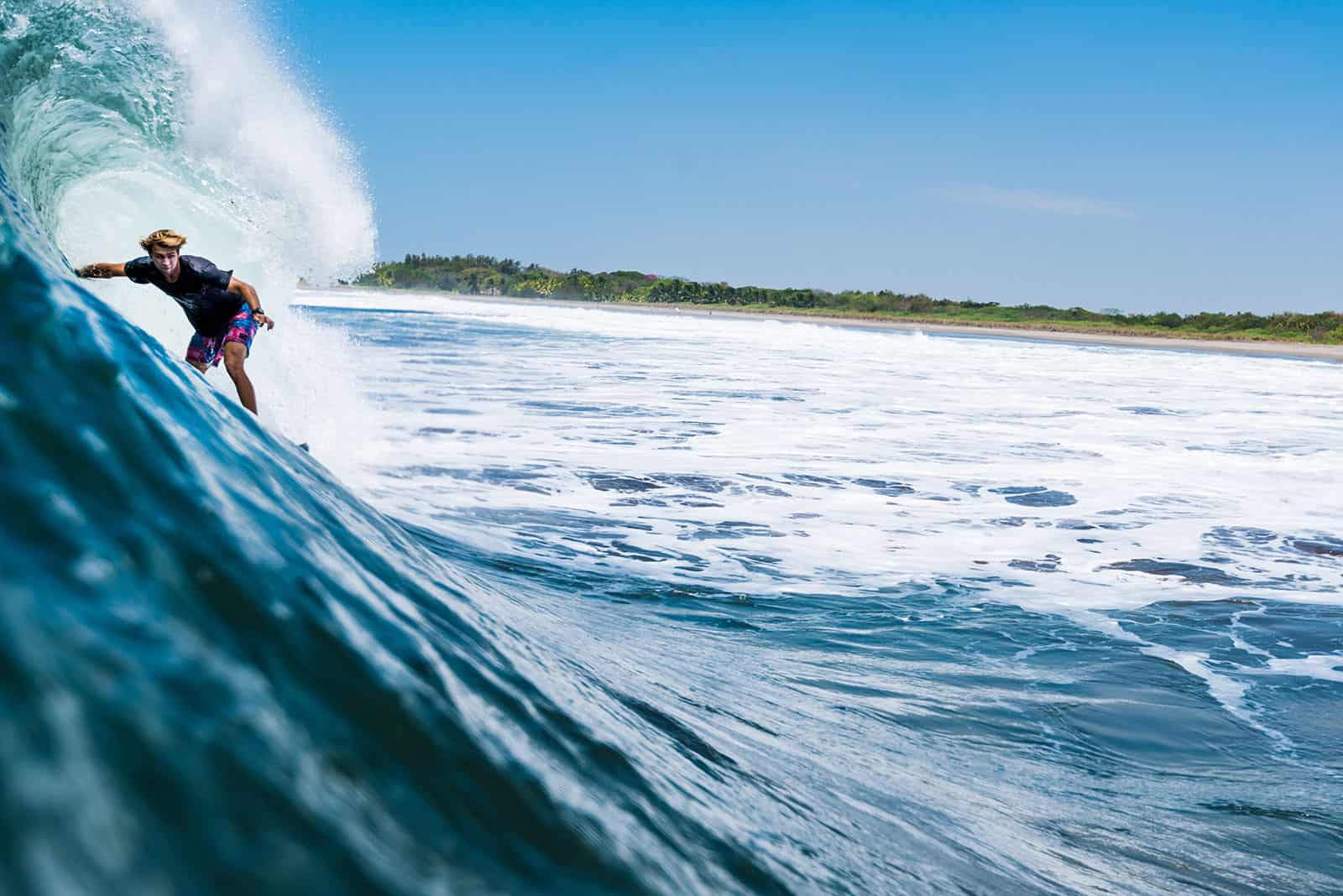Let’s face it, we live in a sleep-deprived society. While there’s nothing extreme about a lack of sleep, we seem to allow our sleep schedules to get out of whack in a very extreme way. More than 35% of the population sleeping less than they need to be. And, while the average modern-day athlete knows that physical conditioning and proper nutrition are important in reaching peak athletic performance, many tend to overlook the equally important role that sleep plays in performance. From an increased likelihood of injury and a decrease in performance to the release of dangerous toxins, losing sleep is serious business, especially if you are catching waves or hitting the slopes nearly every day.
The Lowdown on Lack of Sleep
When our bodies don’t get enough sleep, our brains can’t fully recharge in order to re-energize our bodies. This leads to fatigue, increased irritability, the inability to focus and much more.
In fact, one study showed that among young athletes, those who averaged below eight hours of sleep per night were 1.7 times more likely to experience injuries while engaging in athletic activity. Chronic sleep deprivation has even been linked to issues such as heart disease, depression, and diabetes, with some athletes noting that the culprit behind this lack of sleep being stress, a busy schedule, or other medical issues. In addressing the issue of lack of sleep in not only athletes but the general population, it is important to first understand the reasons behind sleep deprivation in order to rectify them. Creating a lifestyle that permits healthy eating habits, a comfortable place to fully rest your body and proper exercise is crucial in addressing these issues.
The Areas of Greatest Impact for Athletes
Sleep deprivation is known to reduce reaction times significantly, which are often critical for all athletes but even more so for those that engage in extreme sports such as surfing and snowboarding. Even a single all-nighter can reduce reaction times by more than 300% and can impair reaction times just as much as being legally drunk. Because you will likely be experiencing shorter reaction times, you might be more susceptible to injury when trying to make big turns, perform intricate tricks or simply swim out to where the waves are. All of this is compounded by the fact that your body doesn’t have sufficient time to regenerate cells and repair from the abuse of workouts, especially if you are engaging in high-impact or adrenaline rush-inducing activities.
Optimizing Your Sleep Schedule and Performance
The great thing about lack of sleep is that it’s a fairly easy condition to treat as long as the reasons behind it aren’t related to underlying health issues. Because you are an extreme athlete, it never hurts to get a yearly physical and blood work done just to ensure everything is working properly. Aside from medical checks, you can do things such as avoid eating or watching TV 2 to 3 hours before going to bed, engaging in meditation or mindfulness techniques, invest in blackout blinds, and trying to follow a consistent sleep routine in order to get your body back on track.
Cultivating a Healthy Sleep Schedule
Sleep is an important component of any healthy lifestyle, but for athletes that surf and snowboard, it is a pillar of success. Not only does proper and sufficient quality sleep help your body rest and regenerate, but it also allows you to ensure that you are clear-headed and focused when engaging in adventure sports that require you to react quickly. Try to set your body to a schedule that allows you to get 7 to 9 hours of sleep and focus on training your mind to view the sleep as simply one component of your physical and mental training in order to perform as a top athlete in the most extreme way possible.


